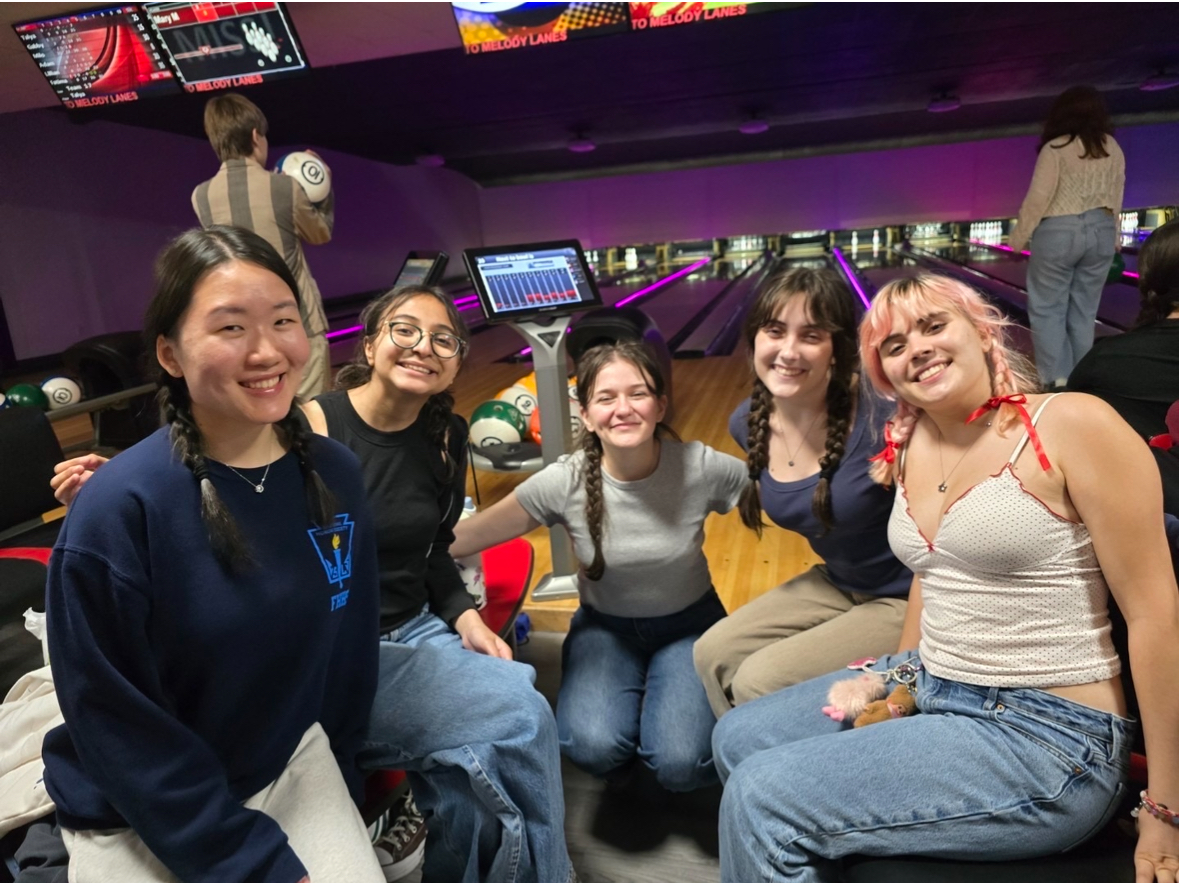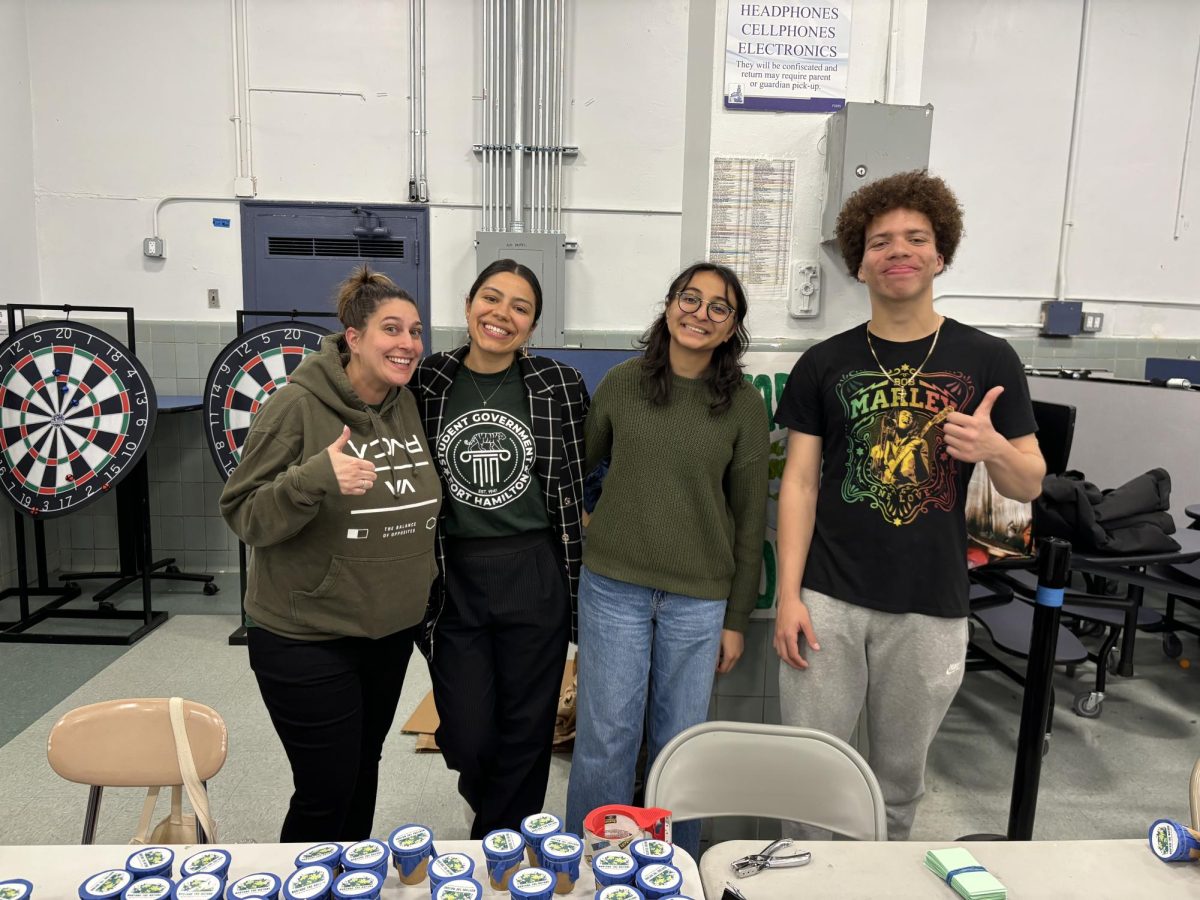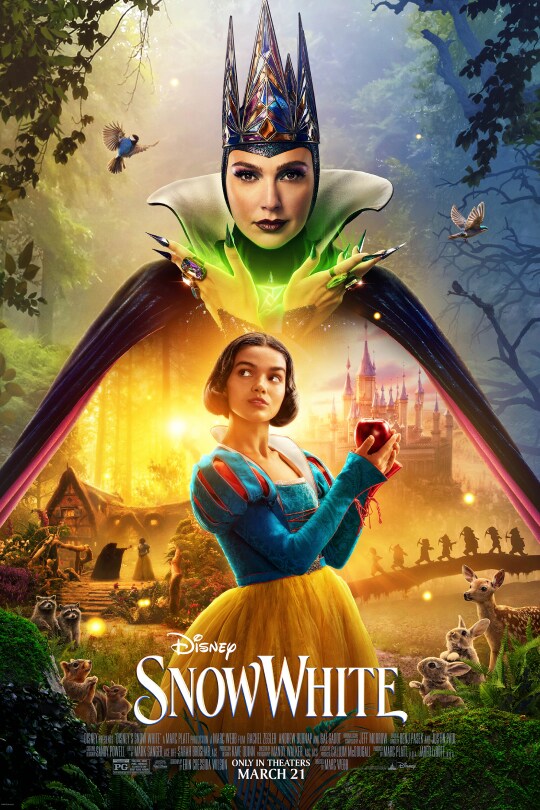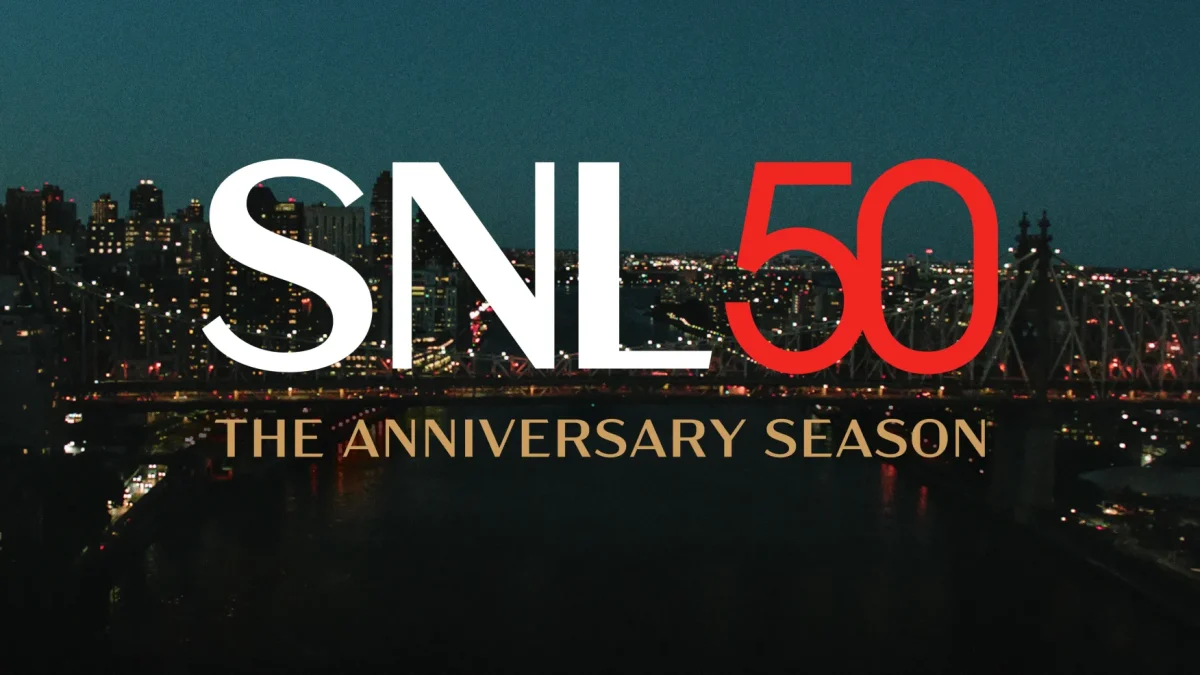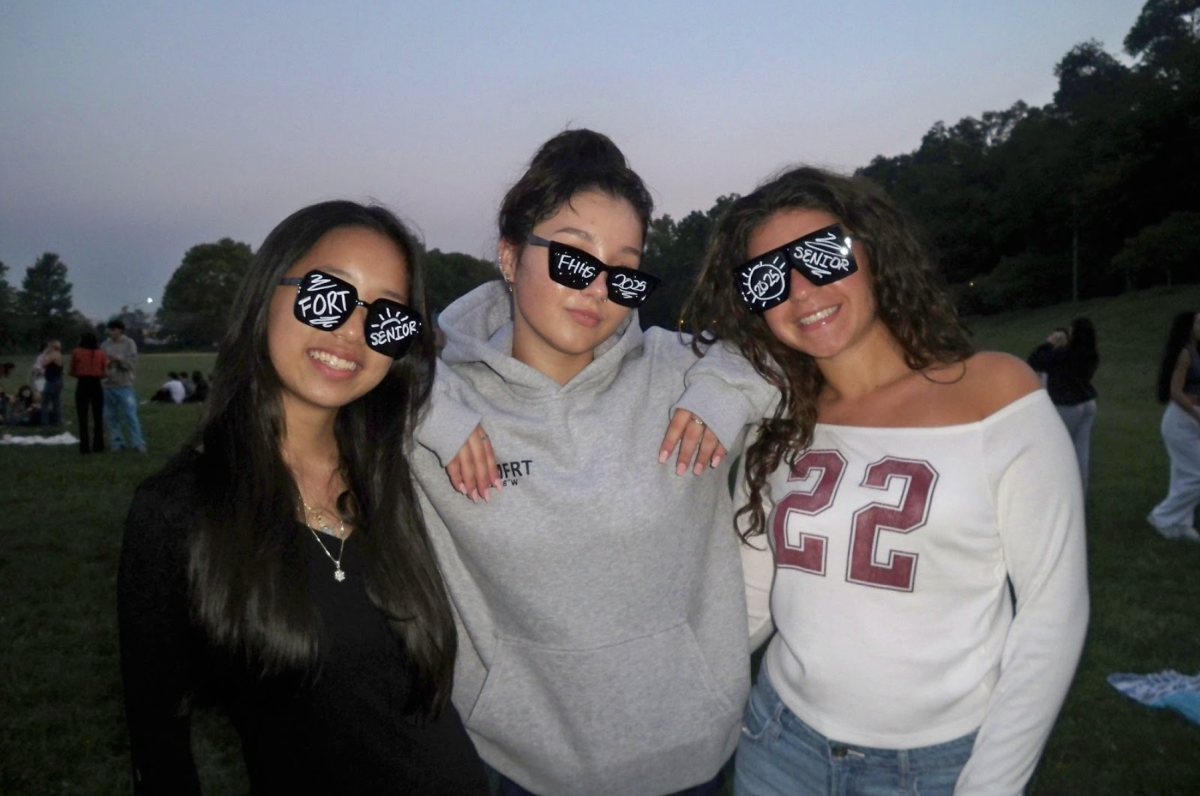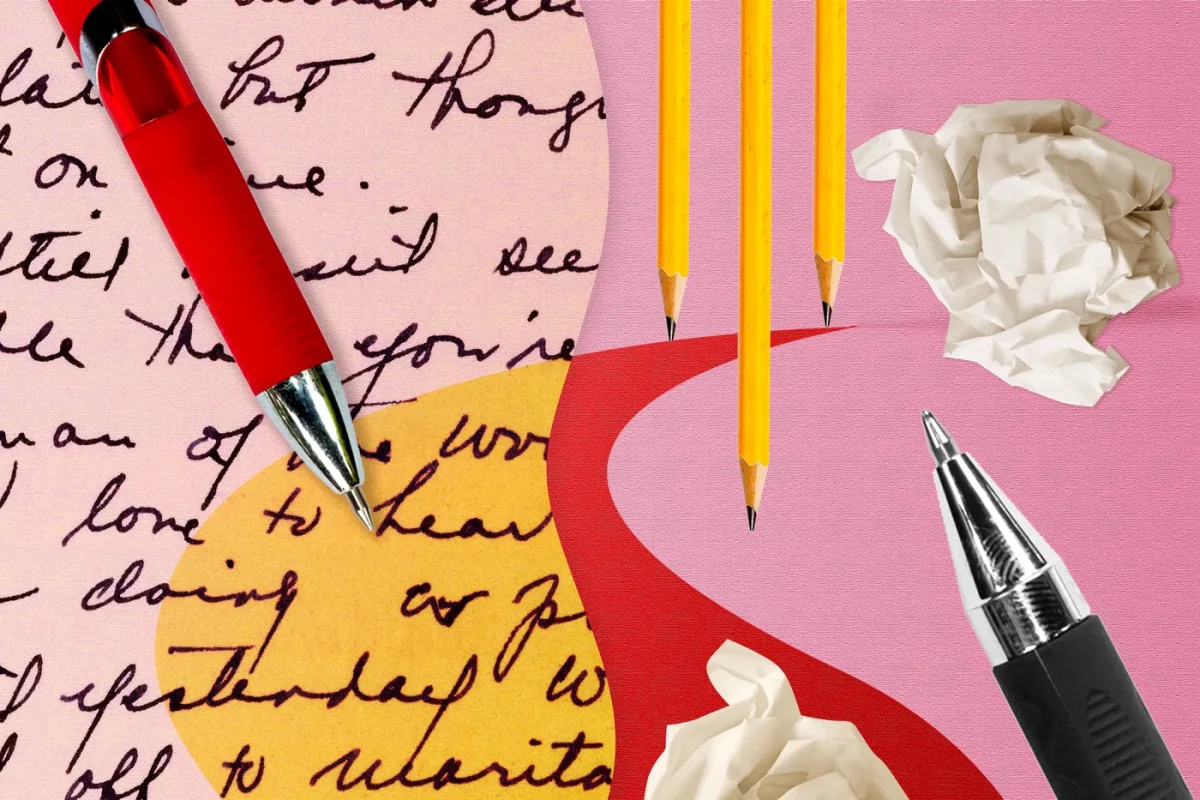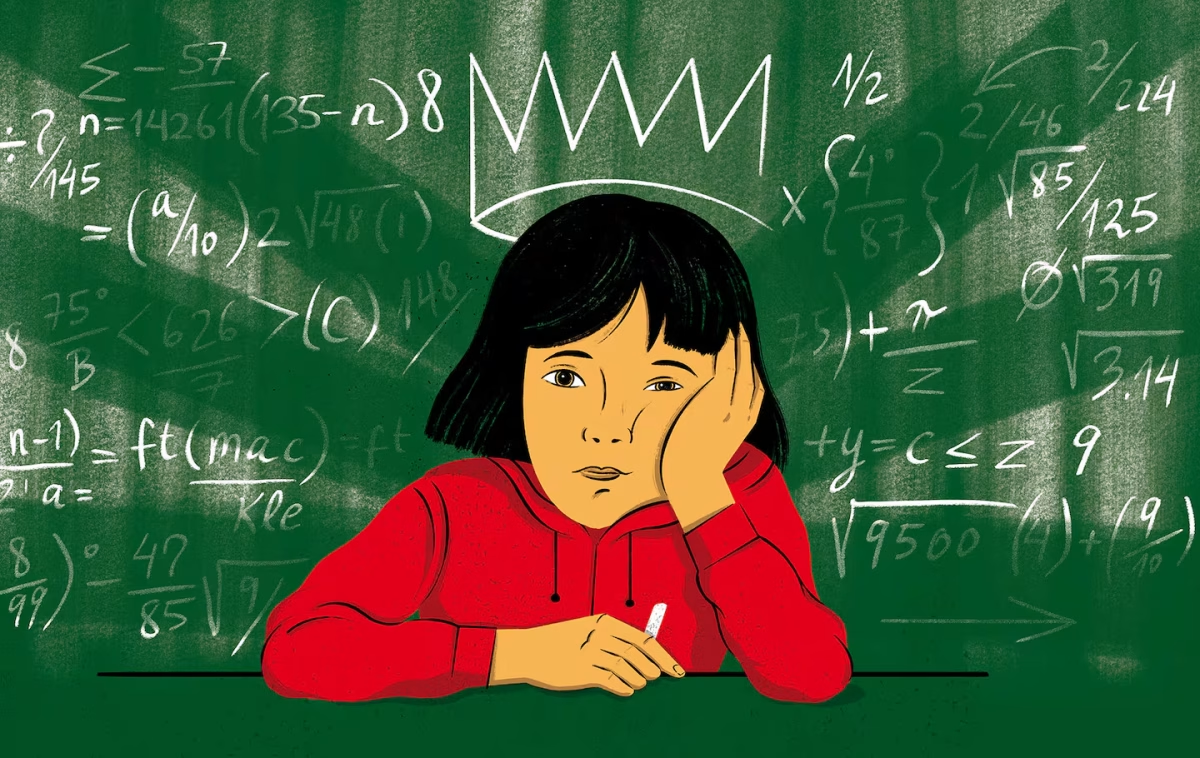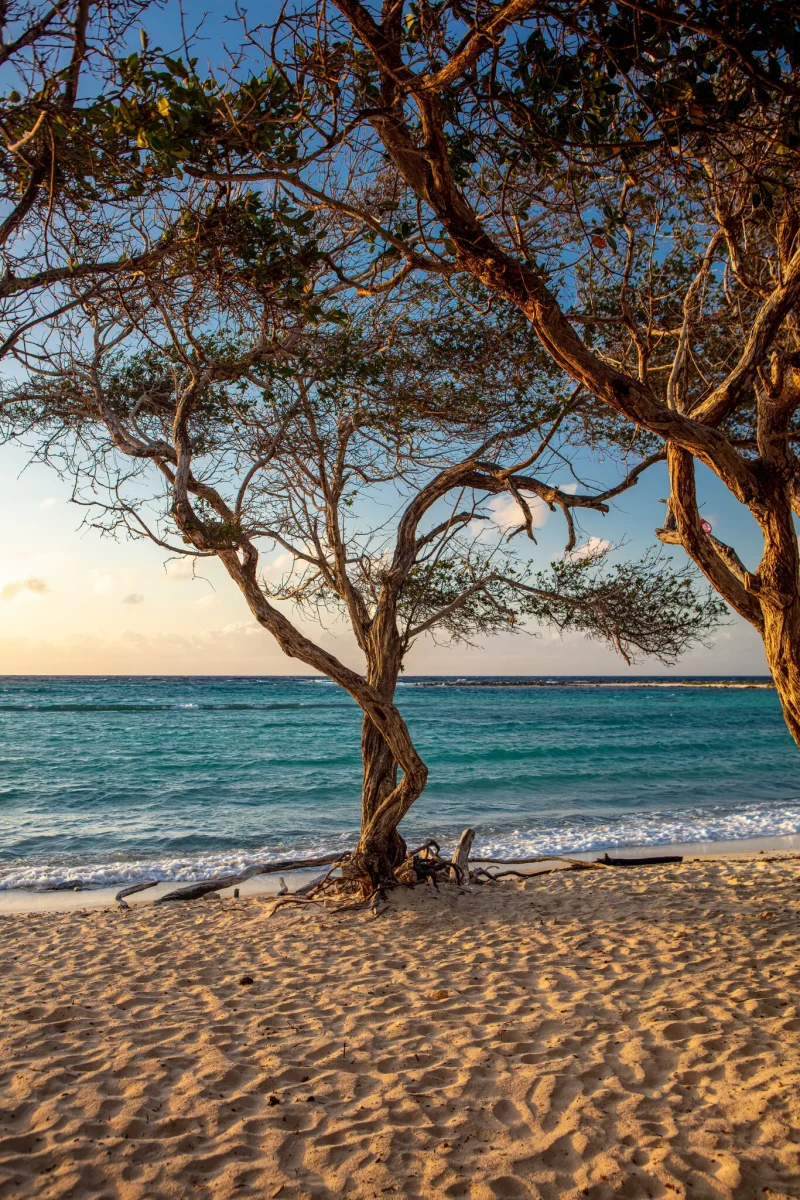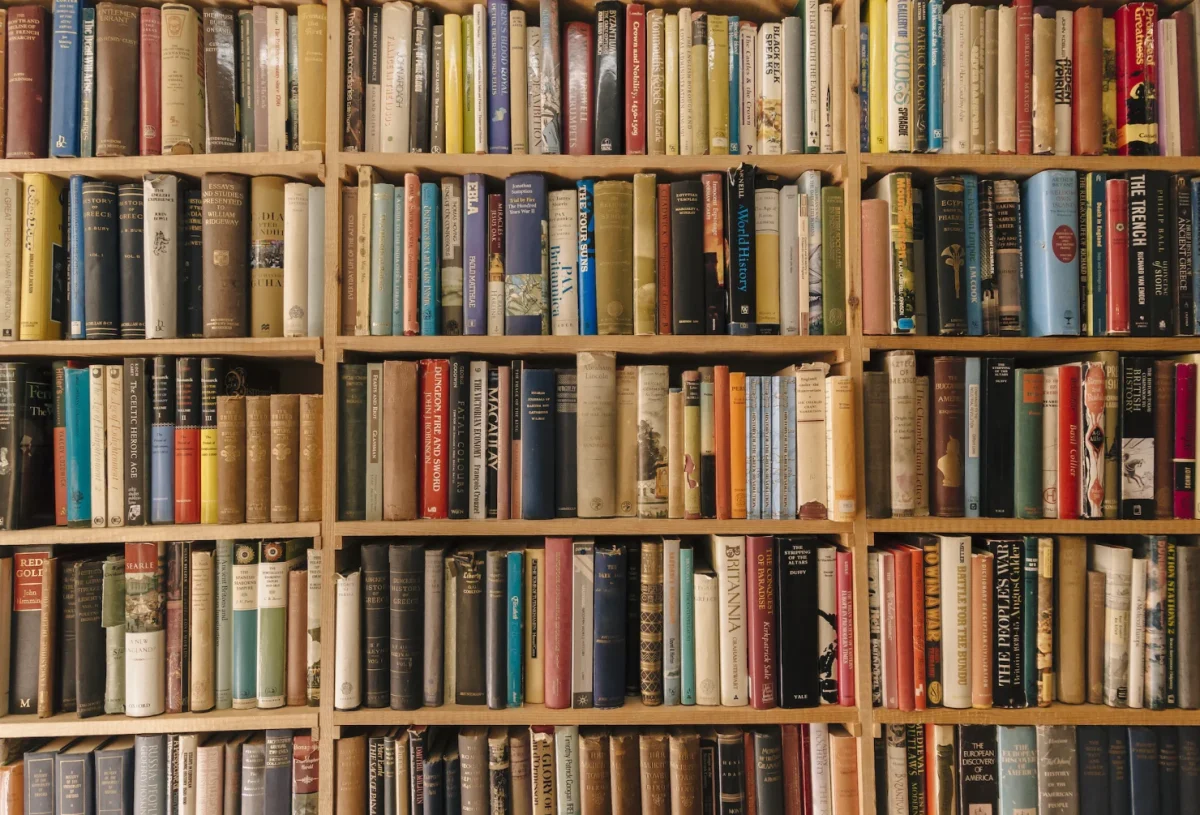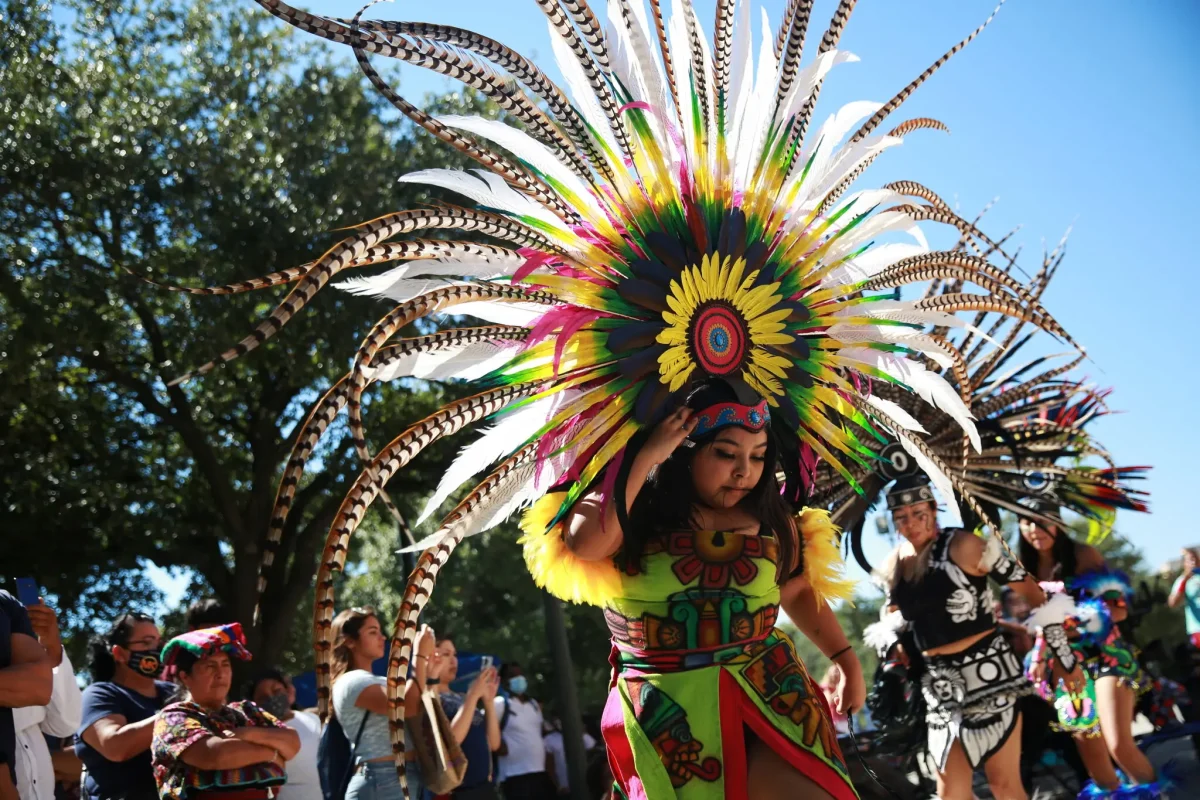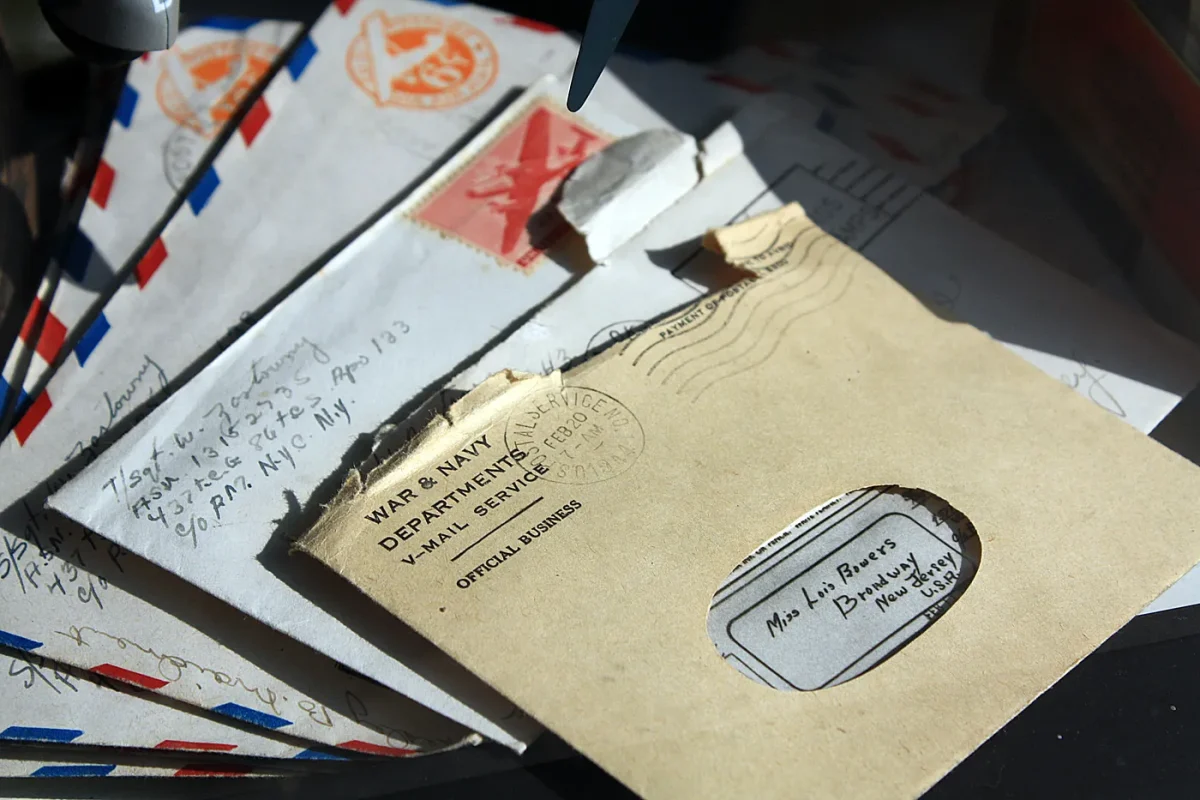In 2021, Columbus Day, which is recognized as a state holiday in 22 states and a federal holiday in 28, was informally recognized by the Biden administration as Indigenous Peoples Day. Despite the name change, many might not know about the shift in historical recognition. While not a federal holiday under U.S. law, the shift from Columbus Day to Indigenous Peoples Day reflects a decades-long fight by Indigenous peoples and their allies to celebrate to acknowledge often-overlooked aspects of American history and recognize the contributions of Indigenous peoples.
So, what’s the difference between both holidays? To put it simply, Columbus Day pays tribute to a Spanish explorer, Christopher Columbus, and his arrival in the Americas. On the other hand, Indigenous Peoples Day honors and celebrates Native American traditions and heritage.
Because of Columbus’ colonization of American land and genocide of Native Americans, Indigenous Peoples Day aims to bring recognition to the background and culture of people who resided in the Americas.
“The idea of honoring Columbus Day has become controversial due to the fact that the perspective on Columbus’ role in history has shifted dramatically,” said AP U.S. History teacher, Ms. Glass. “While many were taught throughout their lives that Columbus discovered America and honored him as a hero, the rest of the story and the impact on Indigenous peoples was often sugar-coated or simply neglected entirely. When we look at the whole story, we can see why it is truly so important to learn about every aspect of Indigenous Peoples Day and honor the culture and history of the people living in the Americas prior to Columbus’ arrival.”
Because many are uneducated on the reality of colonization in the Americas, Ms. Glass concluded that “as an educator, it is essential that we tell the whole story so that students can form their own opinions, know the truth and look at history with a critical eye.”
Renaming Columbus Day to Indigenous Peoples Day is not about diminishing and replacing a holiday; it is about fostering historical awareness and accuracy. All in all, keeping Indigenous people’s beliefs, cultures, traditions, and ideas alive will allow for an accurate depiction of history for future generations.

